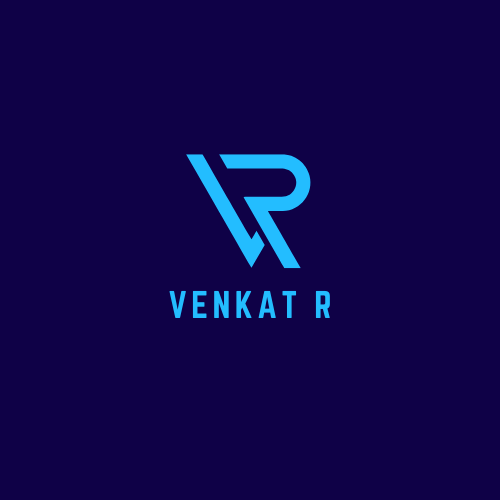Web 3.0: AI-Powered Decentralized Search Engines
 Venkat R
Venkat RIntroduction
In today’s digital landscape, centralized search engines like Google dominate how we access information, often at the cost of user privacy and data security. With Web 3.0 emerging, the focus has shifted toward decentralized search engines, which promise more transparency, user control, and privacy. Projects like Presearch are pioneering this movement, using blockchain technology and artificial intelligence (AI) to build search platforms that empower users to take control of their data while offering rewards for participation.
The Evolution of Search Engines
Traditional search engines are centralized entities that collect vast amounts of user data to enhance search accuracy and deliver targeted ads. However, the tradeoff is often a loss of user privacy and control over personal data. Web 3.0 envisions a different approach, where users own their data, and search platforms are decentralized, reducing the risk of censorship, manipulation, and data breaches.
How Decentralized Search Engines Work
Blockchain-Based Indexing: Decentralized search engines index websites and information in a transparent and distributed manner, using blockchain technology to prevent tampering or censorship.
AI Integration: AI plays a crucial role in these search engines by refining search algorithms without relying on centralized entities. AI-driven engines can improve the relevance of search results while maintaining user privacy.
User Rewards: Platforms like Presearch offer tokens as rewards for users who engage with the platform, either by searching or by contributing to the indexing process.
Key Projects Leading the Way
Presearch: Presearch is a decentralized search engine that rewards users with its native token (PRE) for searching and interacting with the platform. It is designed to prioritize user privacy and promote transparency by decentralizing the search indexing process.
Brave Search: While Brave initially started as a privacy-focused browser, it has now expanded into decentralized search with Brave Search, which offers users more control over their data and browsing habits.
Benefits of Decentralized Search Engines
Privacy: User data is stored on a decentralized network, protecting it from centralized entities and potential exploitation.
Transparency: Blockchain-based indexing ensures that the search results are not manipulated or censored by centralized actors.
Monetization: Users are rewarded for their participation, either through search activity or contributing to the platform’s ecosystem.
Conclusion
Decentralized search engines represent a major shift in how we interact with information on the web, moving toward a model that prioritizes privacy, transparency, and user ownership. As AI-driven decentralized platforms gain momentum, they challenge the status quo of centralized search engines, aligning with the core values of Web 3.0 by giving power back to the users.
Subscribe to my newsletter
Read articles from Venkat R directly inside your inbox. Subscribe to the newsletter, and don't miss out.
Written by

Venkat R
Venkat R
I am a marketer with the capacity to write and market a brand. I am good at LinkedIn. Your brand excellence on LinkedIn is always good with me.